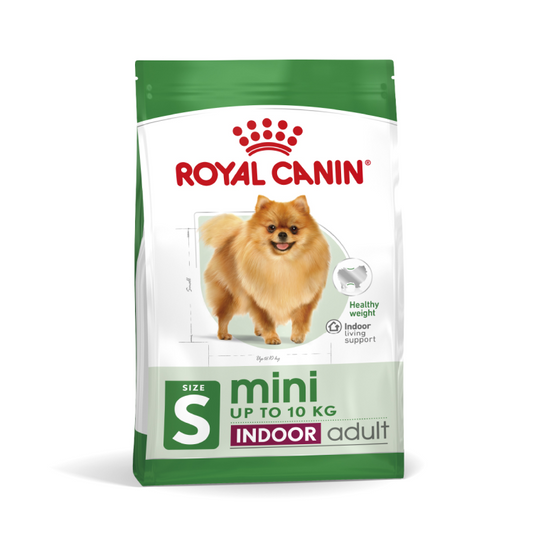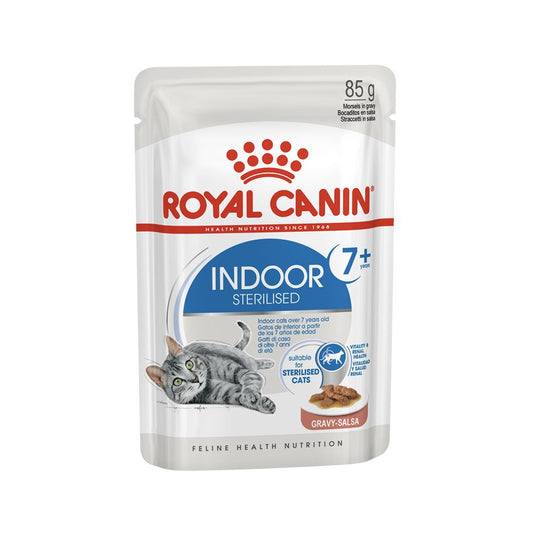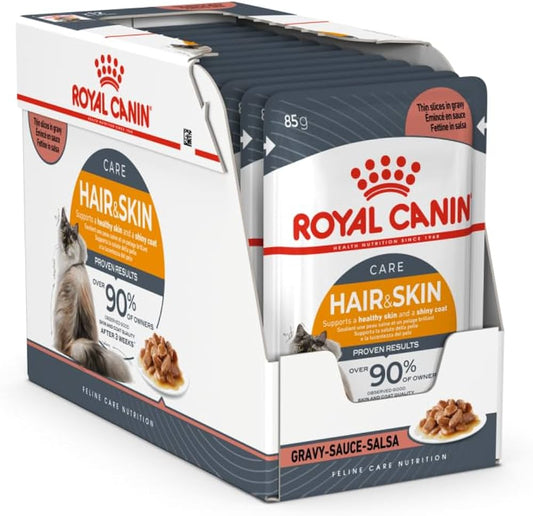Be it the allergic reaction to fur or a wish to whistle known tunes together, birds are the perfect low-maintenance pets! Although they aren’t any maintenance, some birds are fairly easier to care for than others. In this blog, we will tell you about 5 best birds to have as pets.
Additionally, we will mention food supplies, and suitable living conditions for these graceful creatures to help you welcome a little life covered in feathers to your home!
Known for their hilarious personalities, and intelligence some birds on this list can even hold up a sort of conversation with you! From colorful Parakeets to adorable Lovebirds, we’ve covered it all. Read on to find the eggxact feathery match for your home!
Birds to Have as Pets - Top 5 Options
Step into the enchanting world of feathered companions! Meet our top 8 picks for delightful avian friends, each with its unique charm and personality. Discover where your feathery friend is from, what kind of food they like, and much more!

1. Parakeets
Hailing from Australia, these wee birds, also known as budgies, boast vibrant features and are renowned for their hilarious personalities. Learn about the history of Parakeets below!
|
Size |
7 - 10 inches |
|
Lifespan |
5 - 8 years with proper care |
|
Ideal Habitat |
60 - 70 degrees Fahrenheit |
|
Personality |
Social, intelligent, and capable of performing mimicry |
Here are a few facts about Parakeets:
Food:
Parakeets thrive on a budgie mix including canary seed, millets, oats, safflower, etc. These help them bear through strengthening their muscles and improving brain health. Additionally include cuttlebone and mineral blocks that help with their bone health.
Housing:
Ensure that you get a spacious cage for your parakeet with comfortable bar spacing, several perches for them to sit on and toys. Also, make sure to keep your parakeet’s cage clean otherwise they can be prone to infections. Allow them to explore out of the cage daily under supervision.
Talking Ability:
Parakeets are famous for their ability to mimicry! They can learn and repeat almost 1700 words if taught with care and patience. Engage them with daily conversations, teach simple words or phrases, and expose them to a variety of sounds.
Looking for a bird with some spunk? Check out the adorable feather bug - Cockatiel next!

2. Cockatiels
These sweet birds rock a mohawked look and are an excellent choice for new pet parents. A popular choice for families with kids, cockatiels love human interaction, and ride on your shoulder occasionally. Read about its history below!
|
Size |
12 - 14 inches |
|
Lifespan |
15 - 20 years with proper care |
|
Ideal Habitat |
Around 70 degrees Fahrenheit |
|
Personality |
Social, affectionate, human-friendly and capable of repeating simple words |
Here are a few facts about Cockatiels:
Food:
Originating from Australia, these amicable birds thrive on a balanced diet that includes a mix of seeds such as millets, buckwheat seeds, canary seeds, oats, and fruits such as Zupreem’s Fruitblend Flavour. They also enjoy fresh fruits like bananas, apples, and grapes.
Housing:
Cockatiels thrive in a spacious cage suitable for climbing, and big enough for a bird gym. Allow your bird daily out-of-cage time to exercise its legs and wings, promoting a healthy and active lifestyle. Avoid placing the cage directly in sunlight, and include toys in it for mental stimulation.
Talking Ability:
Cockatiels exhibit unique whistling abilities and can repeat simple and common words. While less skilled than their relative - parrots, cockatiels can repeat phrases with positive reinforcement.
Care for the sweetness of not one but two birds? Check out the curious and feathery duo of the Lovebirds next!

3. Lovebirds
These incredibly adorable and curious-natured birds can be an entertaining and sweet addition to a family with kids. Check out the history of the Lovebirds famously known for their interest in exploring pockets:
|
Size |
5 - 7 inches |
|
Lifespan |
10 - 15 years with proper care |
|
Ideal Habitat |
70 - 80 degrees Fahrenheit |
|
Personality |
Social, affectionate, forms strong bonds with human family memebers, playful and may mimic sounds |
Here are a few facts about Lovebirds:
Food:
Originating from mainland Africa, feed these birds a vitamin-rich diet (A, E, D3) to support eyes, feathers, reproductive, and immune system health. Their diet should have a balanced presence of high-quality pellets, seeds, and fresh fruits, like Zupreem’s Pure Fun.
Housing:
Lovebirds require a lot of love, either from their human or another bird companion. It is therefore advised to pet lovebird duos in a spacious and multi-perched cage. Additionally include toys in their cage for mental stimulation.
Talking Ability:
Unlike most other birds in this list, lovebirds are not known for their extensive talking abilities. Although quite intelligent, lovebirds can at the most learn simple words or mimic sounds with positive reinforcement. They are affectionate in nature though and will bob around you for attention when out of their cage.
Check out the next sweet-natured bird on the list - Canary!

4. Canary
Hailing from the Canary Islands, these bright-coloured birds are trainable and friendly first pets. Check out their history below!
|
Size |
4 - 8 inches |
|
Lifespan |
7 - 10 years with proper care |
|
Ideal Habitat |
65 - 80 degrees Fahrenheit |
|
Personality |
Melodious singers, are not as interactive as the others in the parrot species but enjoy observing their surroundings. |
Here are a few facts about Canary Birds:
Food:
Canaries thrive on a diet that includes a high-quality seed mix, with a variety of seeds such as millet, canary grass seeds, and others. A quality seed mix such as the Canary Budget mix by Farma is essential for maintaining healthy plumage, intensifying colorful features, and maintaining the heart health of your canary.
Housing:
Like all other birds on this list, canary birds need a spacious cage with metal bars for climbing or swings. They are quiet birds and therefore enjoy quiet places. Avoid placing the cage directly in sunlight, and allow supervised out-of-cage time for your bird to spread its wings and not forget how to fly.
Talking Ability:
Can canaries talk? No, they cannot. However, male canaries will sing to you and can mimic tunes and songs. People consider Canary singing to reduce stress and improve sleep.
Check out the last bird on our list - Green-Cheeked Conure!

5. Green-Cheeked Conure
Famously known for their sneaky sense of humour, these South and Central American birds love to play around. Check out the history of conures below:
|
Size |
10 - 12 inches |
|
Lifespan |
10 - 15 years with proper care |
|
Ideal Habitat |
65 - 80 degrees Fahrenheit |
|
Personality |
Playful, affectionate, friendly towards human companions, intelligent, can learn tricks and mimic sounds. |
Here are a few facts about Green-Cheeked Conures:
Food:
You should include high-quality pellets, fresh fruits, and vegetables in your green-cheeked conure’s diet. They need vitamins D and calcium for healthier plumage, and strong bones respectively. Consider feeding your conure high-quality seeds to not compromise their health.
Housing:
Green-cheeked conures need a spacious cage and plenty of toys for their mental stimulation. The cage that you put them in should be big enough for them to fly around in. Regularly clean the cage to rid it of bird droppings and allow your conure out-of-cage time on supervision for refreshment.
Talking Ability:
These birds are not frequent talkers, however they can learn a few words with positive reinforcement. Green-cheeked conures exhibit a playful nature and possess charming personalities. Socialising with them every day can increase their curiosity.
We understand that you might have some lingering questions alive, consider checking out the answers to some frequently asked questions listed below.
FAQ: 5 Best Birds to Have as Pets
Are birds good pets?
Yes! Birds are intelligent, social, feathery, warm, and cute! Birds can be great pets if taken care of properly. They do especially well in homes with children, as the mindfulness and curiosity of children match at par with these lovely creatures.
How do you house a bird without a cage?
Create a bird-friendly room with perches, toys, and bird-safe furnishings. Ensure windows are secure, and eliminate potential hazards. Offer a variety of perches at different heights, and designate safe zones. Regularly clean the space and provide mental stimulation for a healthy, cage-free environment.
Which pet birds live the longest?
Large birds like macaws and cockatoos are among the longest-living pet birds, that can live almost up to 100 years if cared for properly.
Do domesticated birds live longer?
Domesticated birds often live longer than their wild counterparts due to controlled environments, protection from predators, and access to veterinary care. Proper nutrition, reduced exposure to environmental hazards, and human care contribute to the extended lifespan of domesticated birds.
Conclusion:
In the captivating world of birds to have as pets, we've explored five delightful options, each with its unique charm. From the vibrant personalities of Parakeets to the melodious Canary, there's a perfect feathered companion for every home.
Providing insights into their sizes, lifespans, ideal habitats, and even talking abilities, this guide helps you make an informed choice. As you embark on this feathery journey, consider enriching your home with the lively presence of a bird companion from Maryam’s Pet, where avian joy meets exceptional care!





